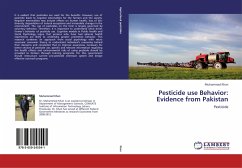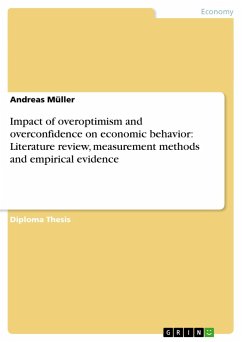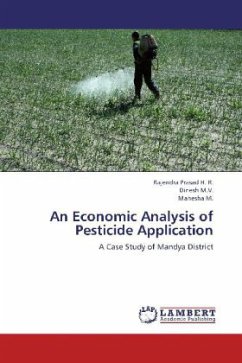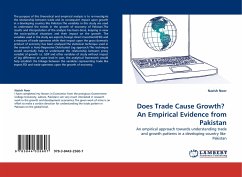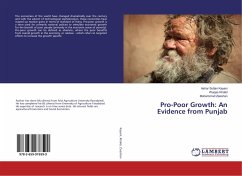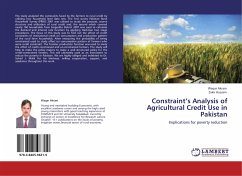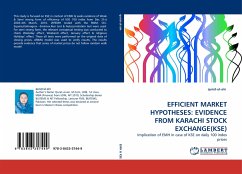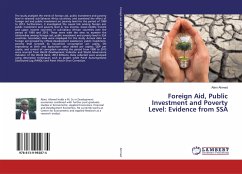It is evident that pesticides are used for the benefits. However, use of pesticide leads to negative externalities for the farmers and the society. Negative externalities may include effects on human health, loss of bio-diversity, degradation of natural ecosystems and irreversible changes in the environment. The use of pesticides on the farm is largely governed by voluntary behavior. Therefore, it is important to understand what drives farmer s behavior of pesticide use. Cognitive models in Public Health and Social Psychology argue that persons who have had adverse health experiences are likely to undertake greater preventive behavior. This research combines an approach from social psychology with micro economic consumer theory to understand individual s reasoning behind their decisions and concluded that to improve awareness, necessary for better choices of pesticide use, specific and relevant information regarding the health effects and environmental risks of using pesticide should be provided to farmers through training programs. For this, government should restructure current pro-pesticide extension system and design effective outreach programs.
Bitte wählen Sie Ihr Anliegen aus.
Rechnungen
Retourenschein anfordern
Bestellstatus
Storno

